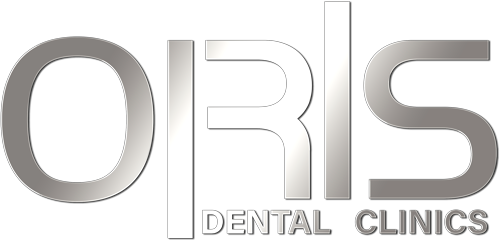Many people are amazed by how simple placing dental implants may be and how little pain they feel afterwards. The placement of implants is a very straightforward minor surgical operation thanks to technological advancements and careful prior planning. Dentists plan and evaluate in large part in advance. Your implant dentist will check out your mouth carefully. To determine the size and health of your bone, dentists want radiographs (X-rays) and sometimes CT scans of your jaws. As a result, the dentist can precisely arrange how and where to put the implants throughout your procedure.
Once you’ve decided that dental implants are right for you, you might be most interested in the day when the implants are put in. But you should also think about caring for your new teeth immediately and in the long run. For the best possible care of your implants after the procedure, it will be your responsibility to practice proper dental hygiene every day. You must commit to maintaining the health of your implants, teeth, and mouth in order to prevent issues, just as with natural teeth. This will involve many visits to the dentist.
Following treatment, your dentist will offer you information on how to take care of your mouth. The following also provides advice about what to expect after implant implantation and how to maintain the health of your dental implants and mouth.
Within 24-72 Hours after Dental Implants Surgery
Thanks to the numbing and anesthesia in the surgical process, you probably won’t experience any substantial pain or discomfort right after your implant is put in. Dr. Bohluli or Dr. Shahzad Dowlatshahi may give you a prescription for painkillers to help with your pain. So fill it if they do. For at least three days after surgery, you’ll probably have some mild pain and discomfort close to the surgical site (72 hours). Cutting through bone and gum tissue is necessary to place an implant; therefore, this is typical and expected. Additionally, you can see bruising, swelling, and bleeding at the implant site.
After your treatment, you should take around three days off from any hard exercise. Take it easy and give your mouth some time to recover. While your implant heals, it’s advisable to stick to a diet high in soft foods. Do not chew any challenging meals close to the implant site. While brushing around your implant, avoid brushing the implant site for at least three days.

3–7 Days after Dental Implants Surgery
The discomfort and pain should start to go away after approximately three days as your implant heals. And the bleeding should also cease. For 5-7 days, the implant site may swell and seem bruised, but you can expect it to happen. You may start gently cleaning the implant area with a soft-bristled toothbrush after most of the local soreness has disappeared. Still, limiting your diet to soft foods for roughly a week is wise. You may often resume intense physical activity, such as working out or doing any physically demanding jobs after around 5-7 days.
1–2 Weeks Following the Surgery
You shouldn’t have much pain or discomfort at the implant site after about a week. But there could still be some localized sensitivity. Your implant should totally heal two weeks following surgery. When there is little to no sensitivity, pain, or discomfort in the area around the implant, it is appropriate to remove your sutures. Or if self-dissolving stitches were used, they would dissolve on their own. After two weeks, it is not typical if you have a lot of pain, discomfort, swelling, or other similar symptoms close to your implant. The implant could not have healed correctly, or it might have developed an infection. You should schedule a follow-up appointment with your dentist as soon as you can to have your implant examined.
Contact ORIS Dental Clinics at Richmond Hill, Ontario, to learn more about the dental implant procedure.




